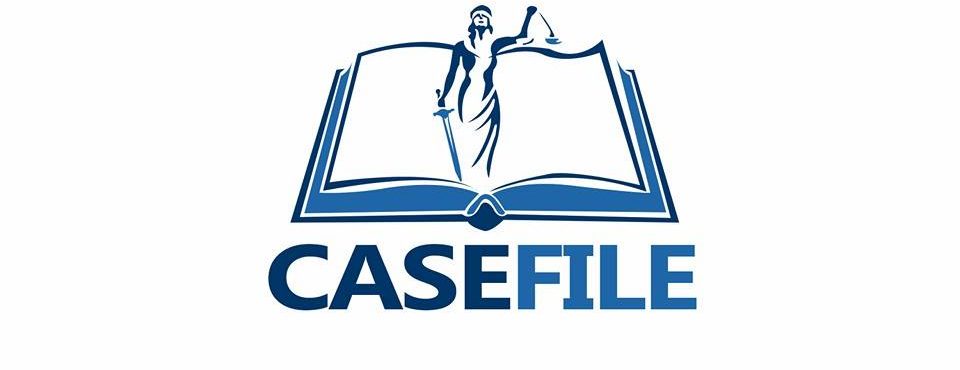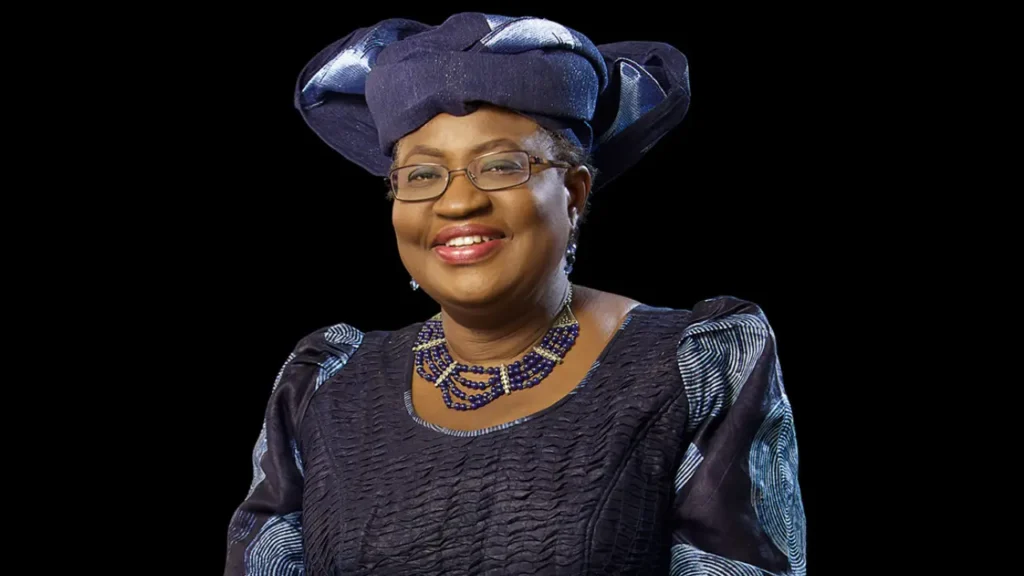A Nigerian economist and Director General of the World Trade Organization, Ngozi Okonjo-Iweala, GCON, at the 2024 Annual Conference of the Nigerian Bar Association, NBA, has recommended that Nigeria needs a social contract to lead the country along the path of good progress that it’s people desire.
Okonjo-Iweala, during her keynote speech at the opening ceremony of NBA held at Eko Hotel & Suites Convention Centre, Lagos told the gathering of lawyers that a social contract like that of Peru will bring about rebuilding Nigeria, which is the focus of its conference themed: ‘Pressing Forward, A National Posture for Rebuilding Nigeria’.
Speaking on Sunday at the event, she posited that if the country have such a social contract and civil groups like the legal profession, police it and hold the political class accountable, Nigeria will be good for it.
Okonjo-Iweala on social contract
She was of the view that the political parties, ethnic groups and all Nigerians are agreeable to agree to stick to a common set of principles and policies that deliver on a consistent basis for citizens, irrespective of ethnic group or political persuasion.
According to her, “I’m saying that all major actors in the governance of our country should agree on some basic parameters for security, macroeconomic and social stability, and the enabling environment for future dynamism and growth of our country.
Once agreed, these parameters and policies should be institutionalised or enshrined in law or even be made part of our Constitution, not to be tampered with, except perhaps through a national referendum involving the entire country and society.”
“All political parties, all ethnic groups will have to honour this contract, no matter who is in government,” she opined.
She highlighted this among her recommendations and premised her conviction on the economic performance of Peru, despite that nation’s challenges, the former Nigeria’s Minister of Finance hinted, GDP is correlated with almost every measure of human flourishing to rebuild Nigeria.
“So whether we like it or not, it does tell us an important story and it affords us a measure of comparison. Many of the big questions the NBA is grappling with at this conference have at their root Nigeria’s failure to sustain rates of economic growth and development that consistently outpace the growth of our population.
We have had episodes of reform and faster economic growth that were not merely a function of the price of oil, but we were unable to consolidate and build on them.
Juxtaposing, Okonjo-Iweala stated, “And millions, indeed scores of millions, of our compatriots have paid the price in terms of diminished job prospects and human well-being.
“A very important part of the explanation for why we’ve not been able to succeed is lack of policy consistency. Successive administrations failing to continue good and emphasise good economic and social policies put in place by predecessors.
“We all understand that where policies are bad and not working, of course politics should intervene. But where things are working to the good, we ask, why fix what is not broken? To minimise the volatility of economic and social policy and to set our country on a steady growth and development path, rather than an episodic growth path, I have become increasingly convinced that Nigeria needs a social contract.
By this I mean a fundamental cross-party, cross-society agreement that certain things in the economy, in the country, in policy and in society are sacrosanct and shall not be touched or changed when administrations change.
“And the private sector and Nigeria civil society, including influential actors like the NBA, have important roles to play in policing a social contract and holding the political class accountable.
“Peru’s reforms laid the foundation for years of stronger growth and poverty reduction. Even though growth lost speed after 2014 amid declining mining prices and slowing external demand, per capita incomes increased by a factor of three and a half in the 20 years after 2002, lifting the country to upper middle income status.
The central factor underpinning the performance was the implicit social contract that the policy reforms put in place that strengthened institutions should not be touched.
“For us as Nigerians, the real surprise must be that Peru’s different political parties, for all their vicious opposition to each other, broadly supported the hard-won structural reforms and honoured the fiscal and monetary policy frameworks when in power.
They accepted that certain things should be respected for the good of the country and should not be played with, no matter how rough the politics.
That cross-party commitment to strong macroeconomic foundations is something we need in Nigeria.
“During President Obasanjo’s second term, we carried out strong structural reforms very similar to Peru’s. A $30 billion external debt was cleared, that was mentioned earlier. The central bank was made independent.
“The multiple exchange rate regime became a thing of the past, as a flexible, rational, managed float regime was put in place. An oil price-based fiscal rule was also put in place, along with a medium-term expenditure framework, leading to a strong accumulation of savings and foreign exchange reserves.
We discussed and observed notional guidelines to enable sustainable debt levels, with a target for debt-to-GDP ratio not to exceed 33 to 40 percent, suitable for a country at Nigeria’s stage of development, and debt-service-to-revenue ratio not to exceed 33 percent.
“Actual debt-to-GDP and debt-service-to-revenue numbers were far below these notional guidelines.
These policies were maintained under subsequent administrations of Yar’ Adua and Jonathan, and even more reforms were carried out to strengthen and modernise the economy. Strong social safety nets were built, well-targeted social programs such as shopping, UN, and saving 1 million lives, the latter targeting pregnant women and children.
“Am I saying that these administrations were perfect? Of course not. They had their problems, imperfections, and challenges, and as a finance minister, I was part of struggling with those challenges. But there was a consistency of policy that led to the economic numbers I quoted earlier in this speech.
“What I’m saying is this. Maintaining good economic and social policies, that is, maintaining policy consistency, and adding more reforms on top of that will lead us along the path of good progress that we all desire.
She also made some remarks at potential elements of a social contract.
“Let me say here that trust will be a prerequisite for any social contract for rebuilding Nigeria, meeting our economic development challenges and building a brighter future for the rising generations of young people. All political parties, all ethnic groups will have to honour this contract, no matter who is in government.
“Even before independence, in his first speech as Prime Minister in 1957, Alhaji Sir Abubakar Tafawa Balewa said, and I quote, the peoples of Nigeria must be united to enable this country to play a full part in shaping the destiny of mankind. It is the duty of all of us to work for unity and encourage members of all our communities to live together in peace and harmony. The way to do this is to create understanding, mutual respect and trust.
“This is Alhaji Sir Abubakar Tafawa Balewa in 1957. Trust comes not from words, but from deeds. That is from accomplishing things together, building together.
Social conract, a basis for growth
“A social contract could become a basis for the virtuous circles of reform, growth, peace, security and trust that have too long eluded us.
She highlighted the potential ingredients of the social contract, firstly as: “A shared understanding that we must prioritise the security of life’s property and national assets. We cannot have economic or social development without security, and we certainly cannot have security without development.
“We all know that, security has been weaponised in our country for political purposes, by political actors, leading partly to the difficult situation we have now. We have politicians who believe that the best way to make their opponents look bad is to instigate insecurity, making it look like they can’t govern.
“Regardless of whether this leads to loss of life and property of innocent Nigerians, this has to stop.
A second aspect of security relates to security of national assets. Nigerians have seen for years how organised crude oil thefts on a massive scale seriously undermines the economic and financial health of the country.
“All Nigerians must agree that stealing of our national assets of any type is intolerable and must be stopped. How can we be struggling to see how to strengthen our foreign exchange reserves with the Government of the Central Bank working so hard on this, when so much is being lost through oil thefts? There is so much technology available now to track such thefts, and there must be no more excuses for inaction. Theft of electricity cables is another rampant and very dangerous form of national assets.
Buttressing her point, she told the gathering of legal practitioners, “Yesterday my husband called me from Abuja that there had been a major explosion near his clinic in Gwarimpa. And what was it? Some people cut the cables linked to the transformer and the transformer exploded. They barely escaped with their lives.
“This kind of taking and stealing of national assets is unbelievably dangerous for those doing it, and it must be a mark of desperation and failure to see the bigger picture that leads people to do this. I’m pleading with all Nigerians that this has to stop. It’s even endangering your own life to engage in this type of act.
“The second element of the social contract involves the basic organs of the economy. They should be left to work so as to produce the best economic and social results for the country, as I described in the case of Peru. First, we must continue to support the Central Bank and its work and support its independence.
“No one should try to tamper with the Central Bank, asking for manipulation of interest rates or the exchange rate. Do not use the Central Bank as a fiscal agent, asking for printing of Naira beyond agreed ways and means limits. Fundamental fiscal and financial rules should be respected once they are on the books.
“Respect the use of the oil price-based fiscal rule that allows the accumulation of reserves and savings in good times to be used to push in bad times. Respect the agreed budget deficit. Keep it as close to 3% of GDP as possible.
“Limit non-transparent extra budgetary spending spent through the budget. Stick to transparency of FACA locations and state and federal budgets so that citizens have a clear view of how their money is being spent. Do not exceed sensible limits for public debt as a percent of GDP.
“For an economy at Nigeria’s stage of development and given its vulnerability, debt-to-GDP ratios should remain well below 40%. Debt service to revenue we should strive not to exceed 33% so as not to crowd out operational and capital expenditures. Budget on the basis of a medium-term expenditure framework so as to provide a sound forward-looking platform for economic and budget management.
“Create an investment-friendly business environment cutting down on bureaucracy, licensing and policy uncertainty to encourage the domestic and foreign private sector to invest and remain in Nigeria.
Respect of the above will ensure a sound macroeconomic framework with core economic management working on an objective basis to become a foundation for investment, growth and employment.
“The third element of the social contract is provision of basic infrastructure services, she said.



